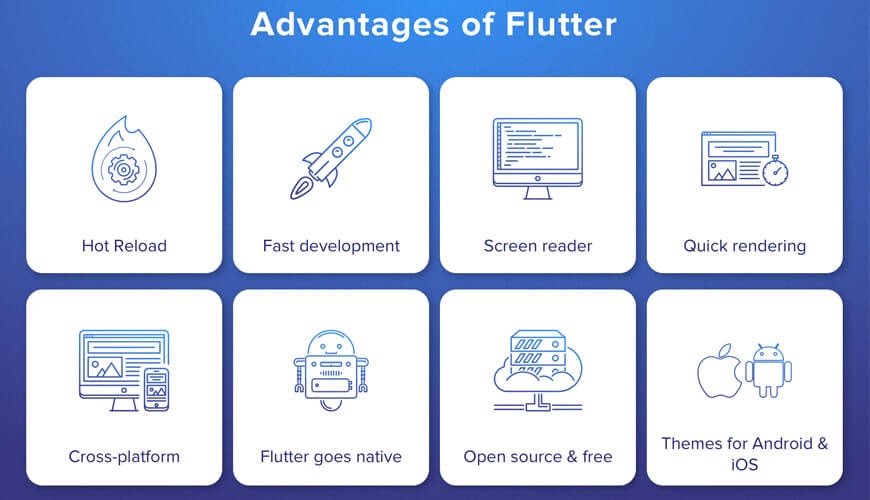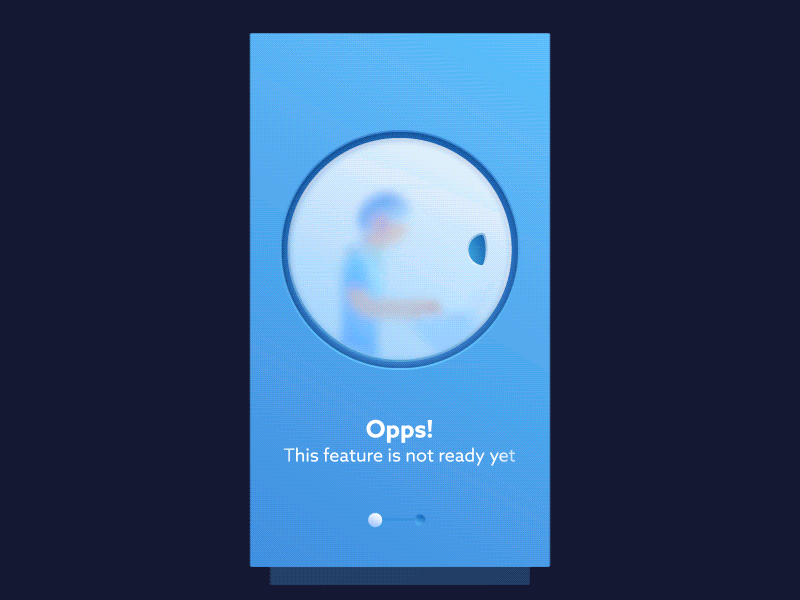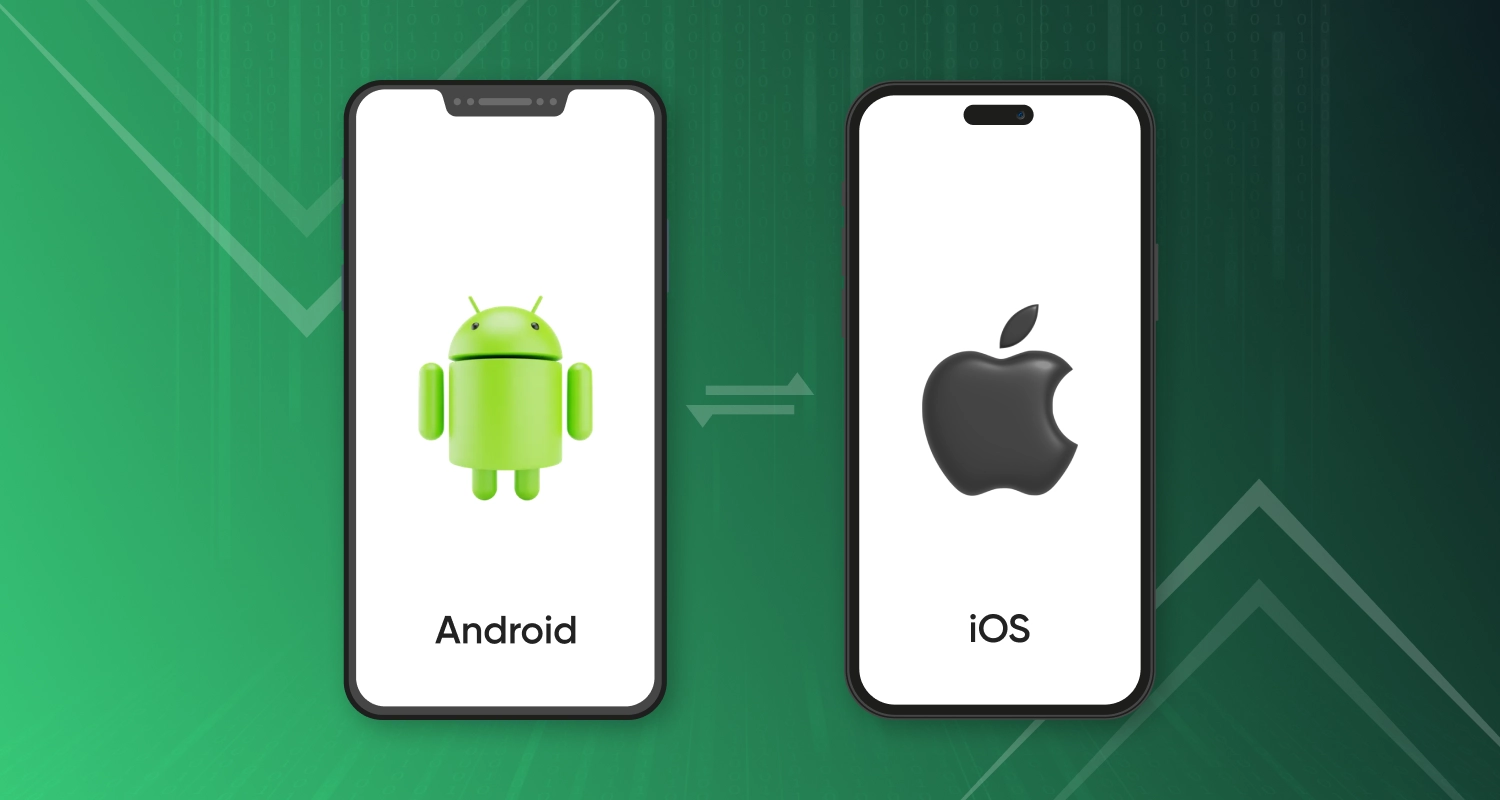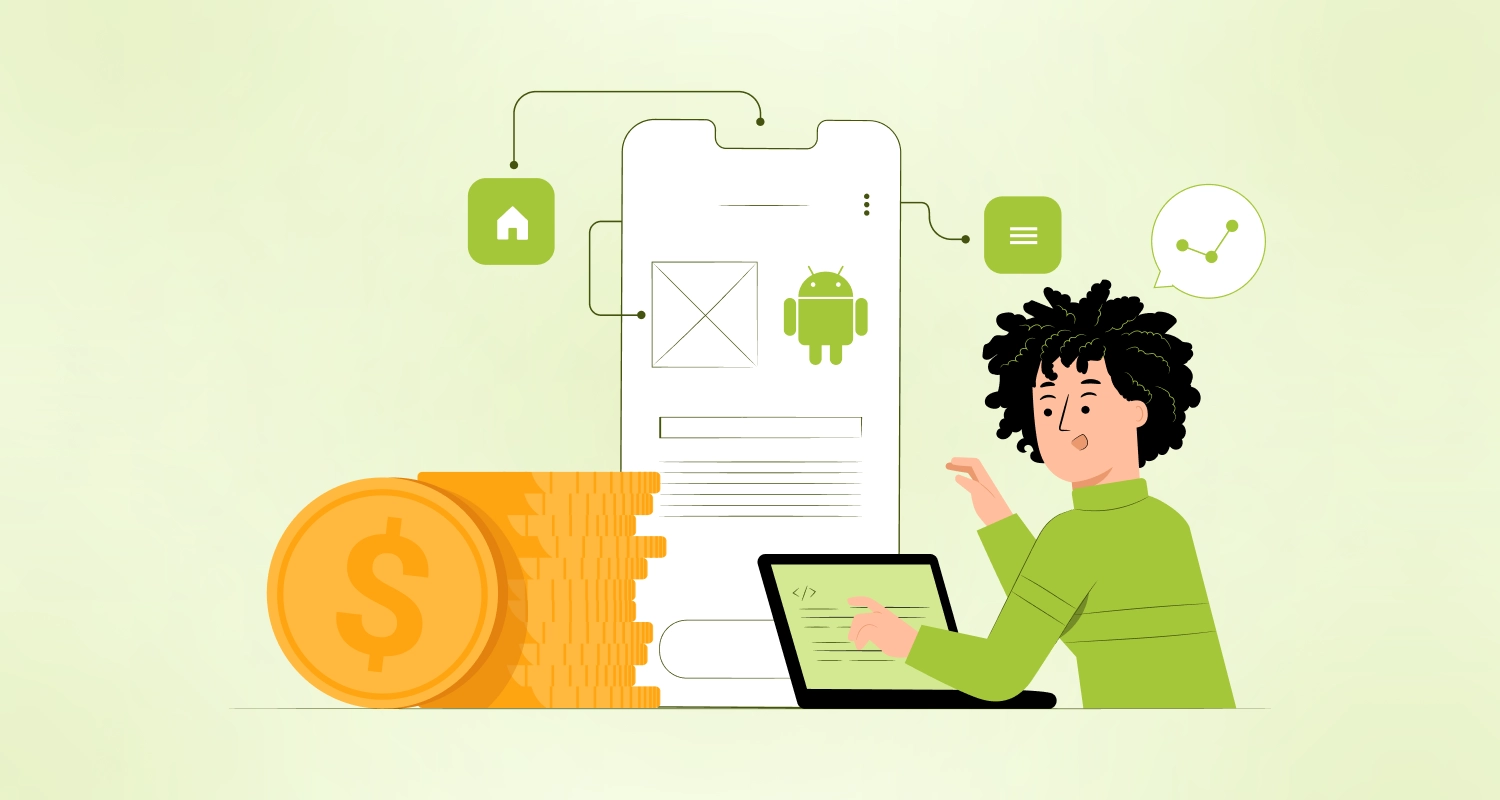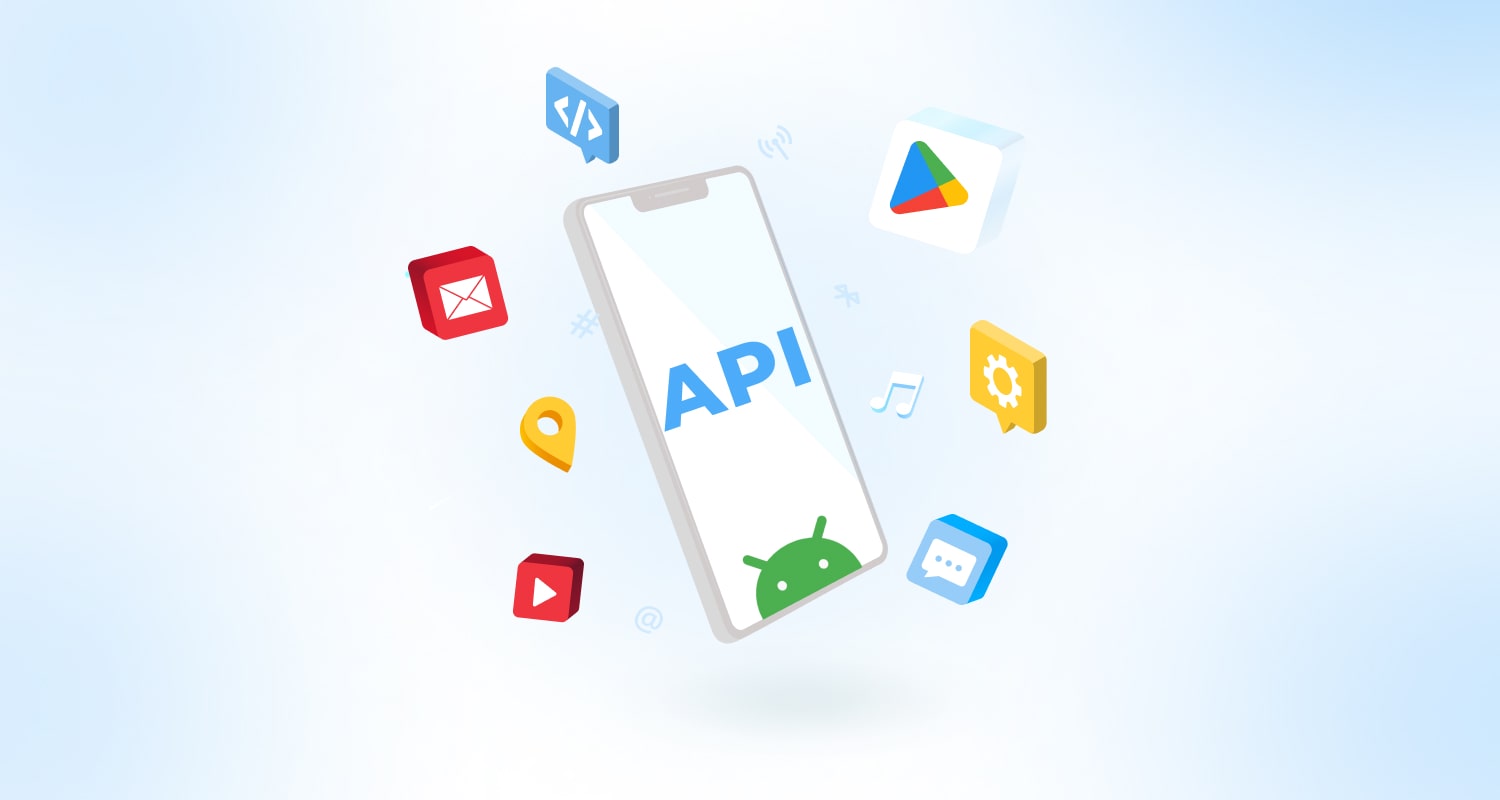Flutter which has been a recent Google offering is a dynamic and feature-rich open source UI development framework for building cross-platform apps with native user experience attributes. The framework which is widely used to build apps an extensive variety of OS platforms such as Android, iOS, Mac, Linux, and a few others is regarded to be truly value-driven technology for mobile app developers.
The bounty of most sophisticated features, great cross-platform user experience, and unflinching app performance are some of the key reasons behind the consistent popularity of the Flutter framework. While other mobile app projects are slowly adopting Flutter, for an Android app development company Flutter almost became the de-facto technology to build apps. Hailing from the house of Google, Flutter is increasingly getting popular among Android developers.
For many, Flutter holds the future of the mobile app development landscape. Here through this blog post, we are going to explain how Flutter is going to transform the Android app development service for the years to come.
Understanding The Revolution Brought by Google Flutter
Flutter is probably the first of its kind development framework that comes with a robust and complete environment and ecosystem. Google created Flutter keeping future development needs and the evolving trends in mind. Naturally, the framework offers everything in between design specific attributes to performance-savvy aspects to futuristic features for any mobile app development company.
Flutter framework being able to build native apps for multiple platforms with the same codebase fuses the advantages of native development within the space of cross-platform apps. This capability if building native apps are unique to Flutter in many ways.
With Flutter, apps can achieve 120 fps speed on mobile devices while acquiring updates at a rate of 120Hz. Being not an old framework, this scintillating performance gives Flutter an edge over all other frameworks in respect of building dynamic apps for multiple OS platforms.
With Flutter enhancing the app features and capabilities became easier than ever before. The framework can easily work as a great tool to compile the advanced features and capabilities of iOS and Android within an existing app. In that respect, Flutter can work as a leading framework to make existing Android apps better.
Fuschia is the OS platform built by Google to work on multiple devices including personal computers, embedded systems, smartphones, wearables, and other device types. This Google project which is still in the making has a big role to play in the prosperity of Flutter as a framework for Android development. The Flutter apps are basically rolled out to be accommodated within the Fuschia environment. Thanks to Flutter, Android app developers will be able to roll out an extensive range of libraries and apps for the Fuschia environment.
Performance Boost, a Key to Flutter Development
The most important reason for the Android developers to pick Flutter is the app performance and speed. The closest competitor among the cross-platform frameworks, React Native lags behind Flutter for a number of reasons. React Native utilizes the key UI building blocks while allowing the JavaScript running on a different thread. A bridge is used to facilitate communication among the native modules.
In complete contrast, Flutter compiles everything including the UI modules and the app logic into machine code and this makes superfast app performance possible. Thanks to this approach, sometimes the Flutter based app performance is even faster than native apps built for specific OS platform.
Simple Setup and Great Documentation
Flutter as a Google offering is fully supported by the developers of Google’s Material Design team. Because of the support of core Google developers handling the Flutter app on any platform becomes a lot easier. This also helps with the setup of the framework.
Flutter also comes with comprehensive documentation to help developers all through the project and in respect of every issue arising with Flutter projects. In-depth and well-articulated documentation helps Android developers to deal with any development challenges in a project.
Least Coding Effort
Flutter uses Dart programming language which is a programming language with a great focus on usability and ease of use. This is why Google used the language across multiple apps ranging from backend apps to desktop, mobile, and web apps.
It comes with a C-like syntax that can easily be compiled into the JavaScript code by using a JIT compiler. Apart from this ease of compiling code that minimizes the developer effort in a project.
Flutter also offers Hot Reload feature to enhance the app workflow. The Hot Reload feature allows the developers to check the coding output in the app instantaneously. This is why if you are looking for a technology to build an app with less coding effort, Flutter comes as the ideal one.
Custom UI Widgets
Flutter as an object-oriented development framework that comes loaded with a variety of UI features allows a lot of experimentations with app UI design and development. Thanks to these widgets different layouts can be easily built.
Moreover, the Flutter widgets can be wrapped into one another to help to create a variety of functions. Irrespective of the platform you use, Flutter as a framework offers really great and flexible user experience.
Firebase Support
Firebase, the backend database framework from Google further helps Flutter app development projects. Thanks to Firebase support, launching mobile apps at a quick time becomes extremely easier. The cloud storage offered by Flutter further adds value to it.
Firebase allowing the developers to carry out faster server configuration can help to save a lot of time and resources just because it gives you freedom from developing the backend. You can further automate and pace up development with some third-party tools.
Require Less Testing Load
When you choose Flutter development services for building your app, you have a far improved app with less testing requirements. By building two different native apps with one framework, the testing effort and time can be reduced to a great extent.
While Flutter always helps to achieve better quality, it helps save development and testing time. By facilitating automatic tests only once for the app, the workload is reduced to a great extent.
Conclusion
Flutter stands way ahead of frameworks used by any Flutter app development company in the market. As for building Android apps, Flutter seems to be loaded with everything that a future-ready app project can consider. The future of Android belongs to Flutter.



